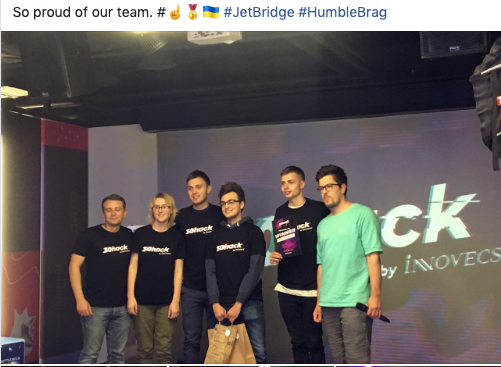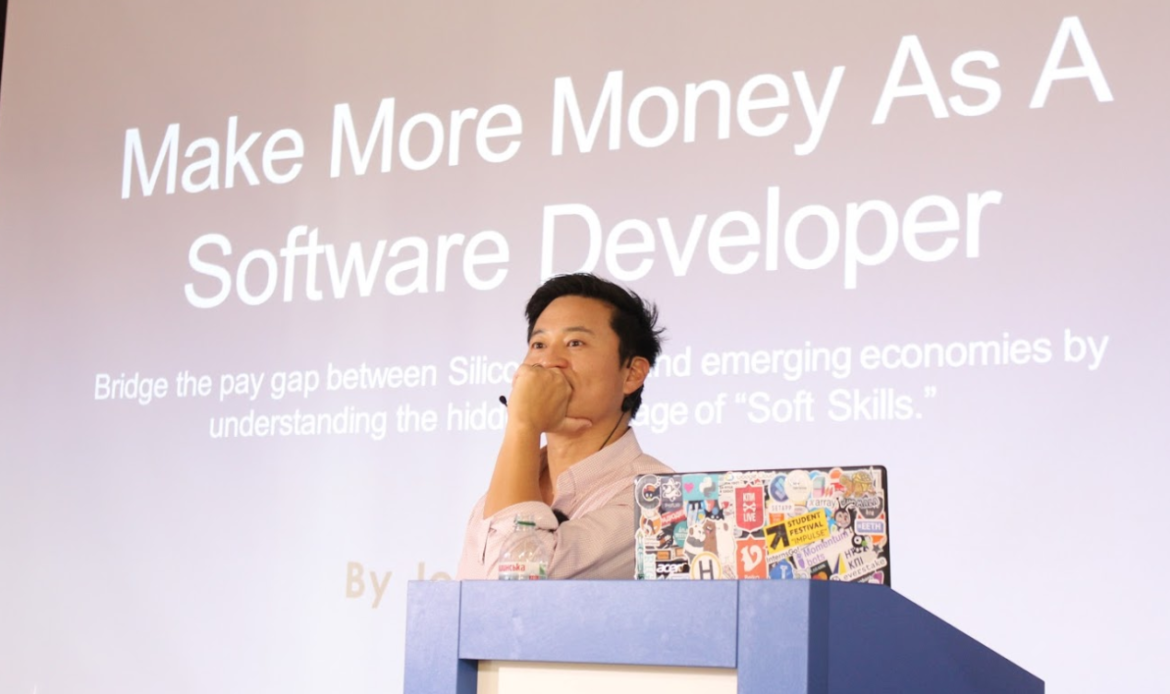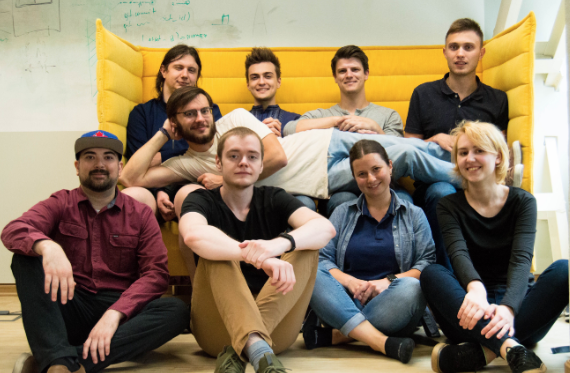
There was recently a lot of swirl around a co-founder lawsuit and disgruntled investors at TopTal, a freelancer marketplace that competes with UpWork and Fiverr.

While I don’t agree with doing business this way, a startup has many twists and turns that are difficult to predict, so I’ll reserve judgment on Taso (their CEO) for now.
Our own journey at JetBridge has not been a straight upward line, but we’re now cashflow positive (most months, anyway) and don’t need to raise additional funds for now (though you can’t predict the future). This has me thinking of a much more long term outcome for our company, because I think we can maximize our shareholder’s and investor’s value by thinking much more long term as in 15, maybe even 20 years to a potential IPO.
There’s a global shortage of engineers and it’s going to be this way for the foreseeable future – and every hiring manager in the industry knows it. Yet most clients are unhappy with their offshore outsourcing (many calling it “second class software development”), but JetBridge clients often say there’s “no difference” between us or their in-house teams in San Francisco.
And by the way, JetBridge developers go #1 in hackathons.

We think we’re on to something, potentially big, but I want us to be patient.
After Five9 and DoctorBase (our first two startups), Mischa and I started JetBridge as a Micro-LMS product company, but we made two big mistakes – we hired our out-of-work friends as early team members, and we didn’t accurately predict our user’s future behavior.
Working with our friends ended up being incredibly difficult, lots of fights ensued, and we eventually ended up letting go (or they quit) our amigos. Hiring friends is a rookie mistake and after two successful startups, I’m still kicking myself for how I could have been so blinded by my loyalty, much to the detriment of the business.
As well, our users (who initially loved using our app) simply stopped using the product after a couple of months as they tired of creating learning material for their teams.
In our desperate attempt to not have a failed startup, we pivoted to a software services company where we used our deep experience in building B2B SaaS products to code projects for other companies.
And we discovered something we absolutely loved – teaching young developers around the world how to become better coders and founders.

As this is my third startup, I’m much less focused on an early exit and much more focused on how we grow an organization that helps offshore developers and designers have the best careers possible.
If you were to walk into our offices in Kiev or Wroclaw, you could feel the energy and enthusiasm of our people – something that is extremely rare in IT outsourcers. We do offer our core team members equity in a simple structure that’s fair and easy to understand, and people often come into the office on weekends when needed without being asked. Nothing about JetBridge feels, smells or performs like an outsourcer.
Our clients consistently tell us we feel like an in-house engineering team in San Francisco. We’re super proud of that.
We’ve also partnered with some amazing technical universities in Ukraine and Poland, and I believe our model is right to create “Outsourcing 2.0”

I don’t feel any pressures to sell the company for a “quick flip” or raise unneeded money “because it’s cheap,” and quite frankly making software for other people is 70% of the fun with only 30% of the stress.
Best of all, knowing we’re making a real difference in the lives of the young people we mentor or to those who come to our speeches or workshops is incredibly fulfilling in ways that running a SaaS company never was for me.
And at this point in my life, that’s what it’s all about.

Are you at work in IT? Look to your left and to your right. If you’re more ambitious than both of these people, contact us. We want to talk.
